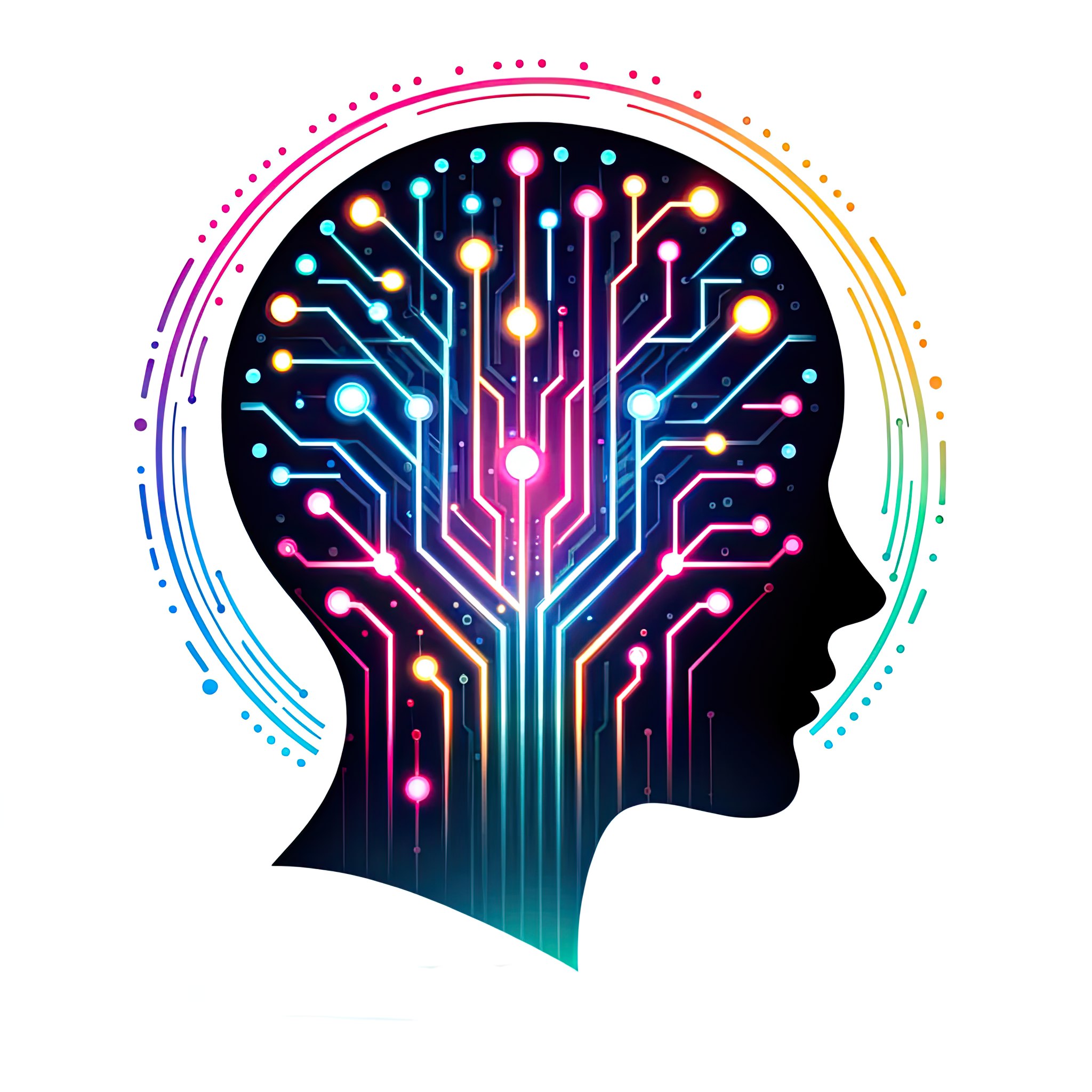The human mind, intricate and ineffable, has captivated philosophers, scientists, and thinkers for millennia. Today, as the fields of neuroscience, artificial intelligence, and computer science intertwine and evolve, a radical concept has emerged, pushing the boundaries of our understanding of consciousness and self: mind uploading, or whole-brain emulation.
What is Mind Uploading?
Mind uploading is a hypothetical process where a comprehensive brain scan is used to emulate an individual’s mental state within a digital computer. This computer would then run a simulation of the brain’s information processing, such that it would respond in the same way as the original brain and experience having a sentient conscious mind. The concept, although highly speculative, stands on the shoulders of substantial mainstream research, including brain mapping and simulation, the development of faster supercomputers, virtual reality, brain-computer interfaces, connectomics, and information extraction from dynamically functioning brains.
Two potential methods have been proposed for mind uploading: copy-and-upload and copy-and-delete, where the latter involves the gradual replacement of neurons until the original organic brain no longer exists. In both scenarios, the biological brain may not survive the copying process, leading to the resultant simulated mind residing in a virtual reality, a computer, or even a non-humanoid robot or a biological or cybernetic body.
Implications of Mind Uploading
The implications of successful mind uploading are staggering. For one, it represents a form of digital immortality, a way to extend life beyond biological constraints. This could potentially provide a permanent backup to our “mind-file”, allowing human culture to survive global disasters or enabling interstellar space travel without the physical demands of life support systems. This technology could also revolutionize AI, allowing us to create truly intelligent machines without having to decipher the inner workings of consciousness.
However, the road to digital immortality is littered with daunting challenges, both technical and philosophical, which must be addressed before mind uploading can move from the realm of science fiction to reality.
Technical Challenges
Understanding the Mind: The first and most significant challenge is our limited understanding of the mind and consciousness. Despite advances in understanding human psychology, neuronal functionality, and brain substructures, a comprehensive understanding of the mind and the mind-body relationship remains elusive. For instance, is it enough to emulate just the brain, or do we need to emulate the whole brain? Can a mind operate without a body, and if not, does the body also need to be emulated? The ambiguity surrounding these questions underscores the complexity of the task at hand.
Computational Requirements: Next, we face the issue of computational power. Mind uploading requires a staggering amount of processing power, far beyond what is currently available. The Blue Brain project, aiming to simulate a mouse brain, serves as a sobering illustration. Despite utilizing a supercomputer, the researchers found that the mouse cortex model was too heavy to simulate, highlighting the gulf between our current capabilities and the demands of human brain emulation.
Scanning the Brain: Accurately digitizing a brain is another significant hurdle. Current scanning techniques, while high in detail, are destructive and not ideal for the person involved. Furthermore, it remains uncertain whether these scans capture all the necessary information to emulate a mind. If the biological structure of the brain is integral to the process, significant advancements in our scanning and capturing capabilities will be required.
Philosophical Challenges
Identity: Mind uploading raises profound philosophical questions, particularly about identity. If a mind is copied and transferred to a digital medium, which one is the “real” individual? Is the digital mind simply a copy, or does it maintain the continuity of the original person’s identity? This question becomes even more complex when considering scenarios where multiple copies of the mind could exist simultaneously.
Consciousness: The mystery of consciousness also presents a significant challenge to mind uploading. Even if we manage to perfectly replicate a brain in a computer, there’s no guarantee that the resulting entity will be conscious. This brings us to the hard problem of consciousness: why and how physical processes in the brain give rise to subjective experiences. Until we fully understand this, we can’t be sure that a digital brain would possess a conscious mind.
Ethical Considerations: Finally, there are numerous ethical considerations to contend with. For instance, who would have access to this technology, and could it be misused? Could there be legal issues with creating potentially sentient digital beings? Would it be morally acceptable to “switch off” a digital mind, and would they have the same rights as biological beings?
The Future of Mind Uploading
Despite these challenges, research continues in the fields of neuroscience, artificial intelligence, and computer science, with hope that advancements in these areas could someday make mind uploading a reality. Regardless of the outcome, the exploration of these concepts pushes the boundaries of our understanding of consciousness, identity, and what it means to be human.
Mind uploading is a concept that transcends the traditional limits of our existence, proposing a future where death could be optional, and our minds could live on indefinitely. As technology and our understanding of the brain advance, we may find ourselves stepping closer to this extraordinary reality. However, as we journey down this path, we must ensure that the ethical and philosophical questions raised by mind uploading are given as much consideration as the technical challenges.
In conclusion, mind uploading presents us with an incredible vision of the future, a testament to human imagination and ingenuity. It prompts us to ponder profound questions about our nature, our consciousness, and our place in the universe. Whether or not we ever achieve digital immortality, the exploration of mind uploading will undoubtedly continue to provide invaluable insights into the human mind and the nature of consciousness.
All images and all text in this blog were created by artificial intelligences

